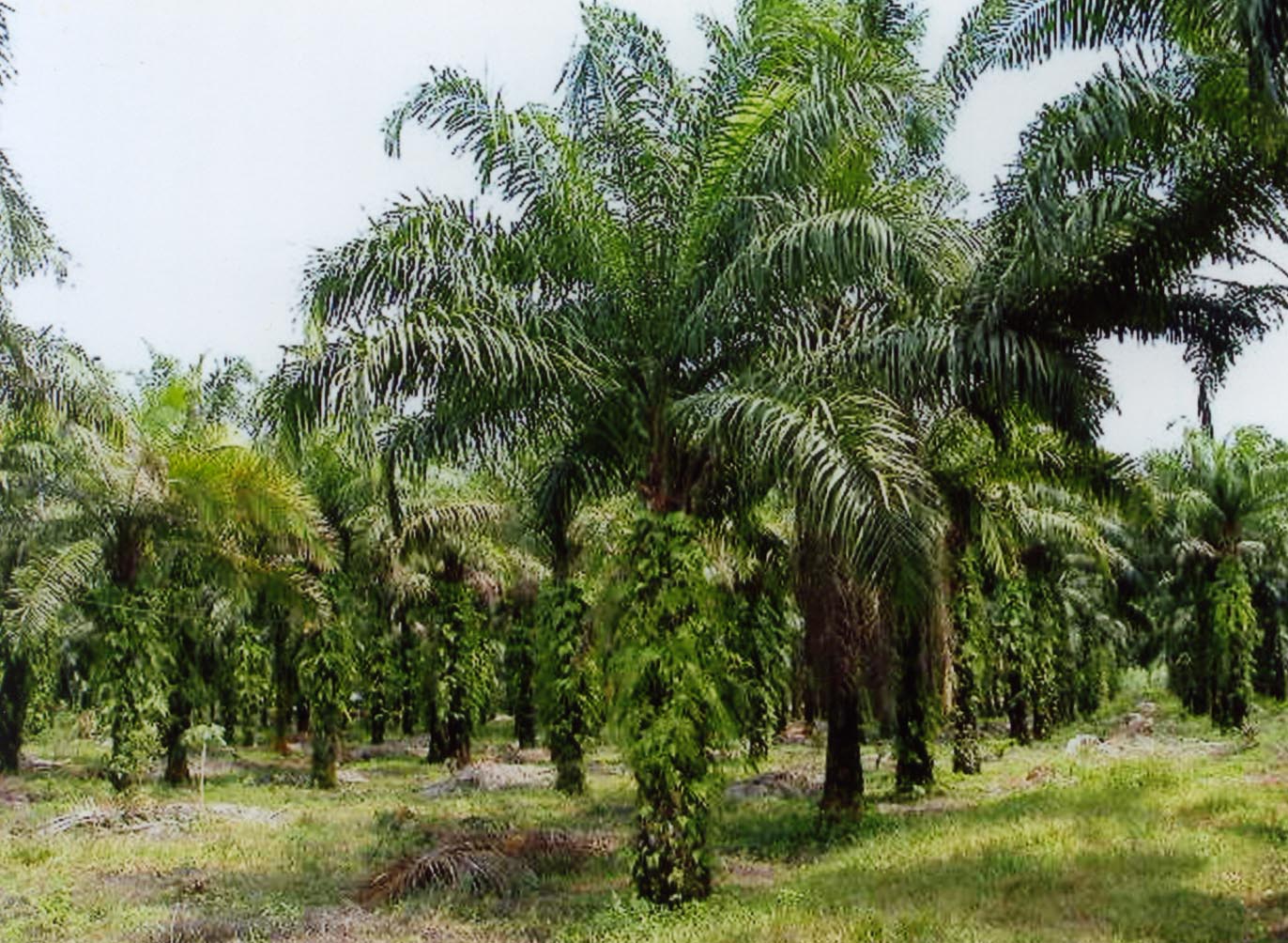BATAK CENTER FOR AFRICAN STUDIES -- Kenya manufacturers who rely on palm oil will be adversely affected following the decision by African states to cut the crop’s production by 70 per cent in a bid to curb its devastating effects on the environment.
The agreement was reached in Marrakech, Morocco, last week during the 22nd conference of parties (COP22).
The product is used in manufacturing a number of consumer goods including cosmetics, soaps, and cooking oil among others.
The country imports crude palm oil since it is not locally available. A project initiated by government in western Kenya some years ago failed.
The General Manager of the Golden Africa Kenya Ltd Abdulghani Waghohi said they will have to diversify into other products in the event that supply of the crude palm oil reduces.
“The decision that was reached might not have an immediate effect on manufacturers because it will take many years before it comes to effect,” said Mr Waghohi.
Local industries import most of their crude palm oil from Indonesia and Malaysia, which are the world’s leading producers.
However, the growth of palm trees have had a negative effect on the environment and companies are now setting their eyes on Africa as their next source of oil.
It is reported that a third of all mammal species in Indonesia are considered to be critically endangered due to unsustainable growing of palm trees.
In 2003, the then Kenya Agricultural Research Institute introduced palm oil farming in Western Kenya, as one of the government’s poverty reduction strategies. It covered 12 districts in the regions bordering Uganda. And despite the numerous research showing that Western Kenya is perfect for palm oil production, the project failed to take root.
Sustainable ways
Palm oil producing countries in Africa have pledged to adopt more sustainable ways of producing the oil, in order to protect their tropical rainforests.
The 10 governments signed a joint declaration at the climate talks held in Morocco.
Palm oil is the most widely used vegetable oil globally, with half of all packaged products sold in supermarkets containing the product.
To produce palm oil, a lot of forest land in the tropics is cleared. The World Wide Fund for Nature (WWF), reports that an area equivalent to 300 football fields of tropical rainforest is cleared every hour around the world to make way for palm oil production.
Sustainable means
In Africa, palm oil is produced in Central African Republic, Cote D’Ivoire, Cameroon, Democratic Republic of Congo, Sierra Leone, Ghana, and Liberia, Nigeria, Gabon and Congo.
These countries have now signed a declaration to use more sustainable means of production, with minimal damage to the environment.
Nigeria is currently Africa’s largest palm oil producer and the fifth in the world, with 2.5 million hectares under production.
More
The agreement was reached in Marrakech, Morocco, last week during the 22nd conference of parties (COP22).
The product is used in manufacturing a number of consumer goods including cosmetics, soaps, and cooking oil among others.
The country imports crude palm oil since it is not locally available. A project initiated by government in western Kenya some years ago failed.
The General Manager of the Golden Africa Kenya Ltd Abdulghani Waghohi said they will have to diversify into other products in the event that supply of the crude palm oil reduces.
“The decision that was reached might not have an immediate effect on manufacturers because it will take many years before it comes to effect,” said Mr Waghohi.
Local industries import most of their crude palm oil from Indonesia and Malaysia, which are the world’s leading producers.
However, the growth of palm trees have had a negative effect on the environment and companies are now setting their eyes on Africa as their next source of oil.
It is reported that a third of all mammal species in Indonesia are considered to be critically endangered due to unsustainable growing of palm trees.
In 2003, the then Kenya Agricultural Research Institute introduced palm oil farming in Western Kenya, as one of the government’s poverty reduction strategies. It covered 12 districts in the regions bordering Uganda. And despite the numerous research showing that Western Kenya is perfect for palm oil production, the project failed to take root.
Sustainable ways
Palm oil producing countries in Africa have pledged to adopt more sustainable ways of producing the oil, in order to protect their tropical rainforests.
The 10 governments signed a joint declaration at the climate talks held in Morocco.
Palm oil is the most widely used vegetable oil globally, with half of all packaged products sold in supermarkets containing the product.
To produce palm oil, a lot of forest land in the tropics is cleared. The World Wide Fund for Nature (WWF), reports that an area equivalent to 300 football fields of tropical rainforest is cleared every hour around the world to make way for palm oil production.
Sustainable means
In Africa, palm oil is produced in Central African Republic, Cote D’Ivoire, Cameroon, Democratic Republic of Congo, Sierra Leone, Ghana, and Liberia, Nigeria, Gabon and Congo.
These countries have now signed a declaration to use more sustainable means of production, with minimal damage to the environment.
Nigeria is currently Africa’s largest palm oil producer and the fifth in the world, with 2.5 million hectares under production.
More




Blogger Comment
Facebook Comment